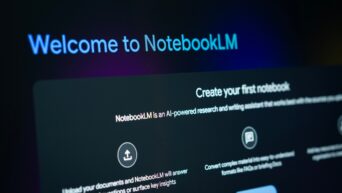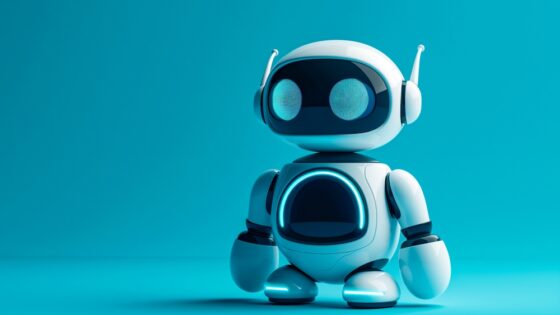We all know that artificial intelligence is rapidly expanding in different industries, but what if we told you that AI can now be used in healthcare as well?
A new AI technology has been developed to be used in the medical setting, specifically in detecting genetic disorders in humans. The AI, called Deep Gestalt, can identify genetic disorders just by looking at a patient’s face, using different markers to accurately guess the specific disorder.
In a recent study published by the journal Nature Magazine, Deep Gestalt even managed to outperform human physicians in three separate clinical trials.
During the experiment, it was given a couple of photographs that showed a person with a genetic disorder. Most genetic disorders have specific markers that differentiate them from one another, and Deep Gestalt used deep learning to teach itself these markers. It then used what it learned to recognize the genetic disorder as seen in the photograph, making it able to create a list of potential disorders.
Deep Gestalt was shown photographs for a total of 502 patients with genetic disorders. 91% of the time, it was correct, compared to the human physicians’ accuracy rate of a mere 20%.
Research leader Yaron Gurovich says that the project “demonstrates how one can successfully apply state of the art algorithms, such as deep learning, to a challenging field where the available data is small, unbalanced in terms of available patients per condition, and where the need to support a large [number] of conditions is great.”
While some people are worried that the AI may be used to “discriminate against people with preexisting conditions”, there are many others who believe that its benefits outweigh the cons. Jorge Cardoso of King’s College London says, “the potential of AI in healthcare is immense.”
































